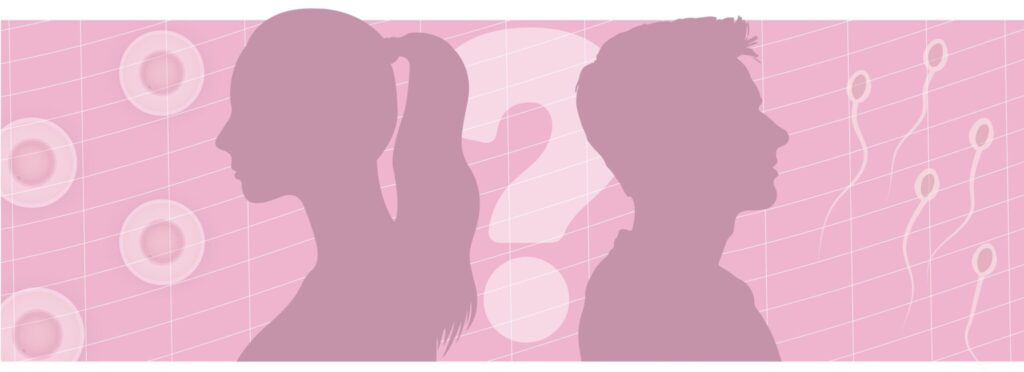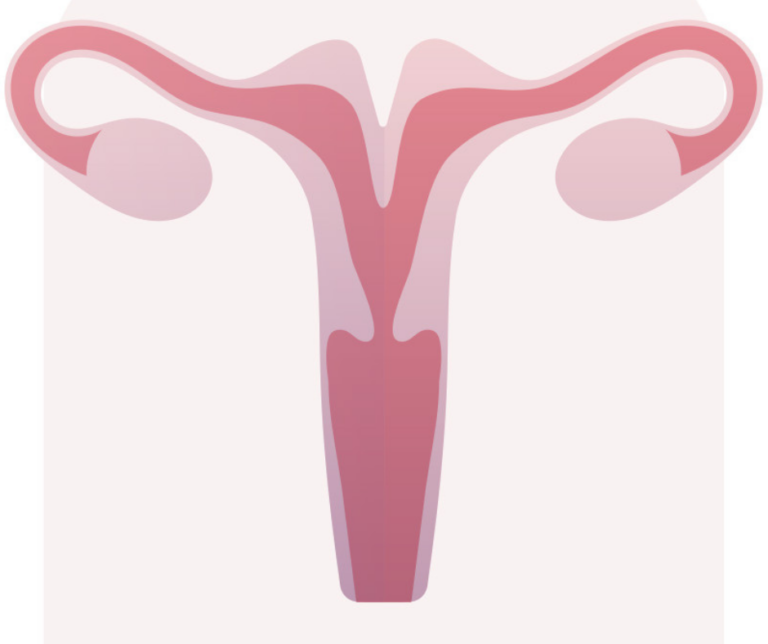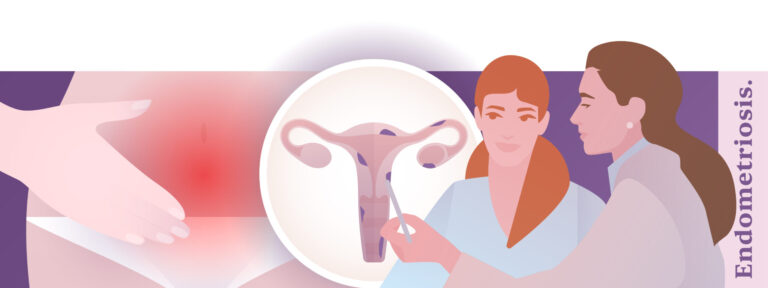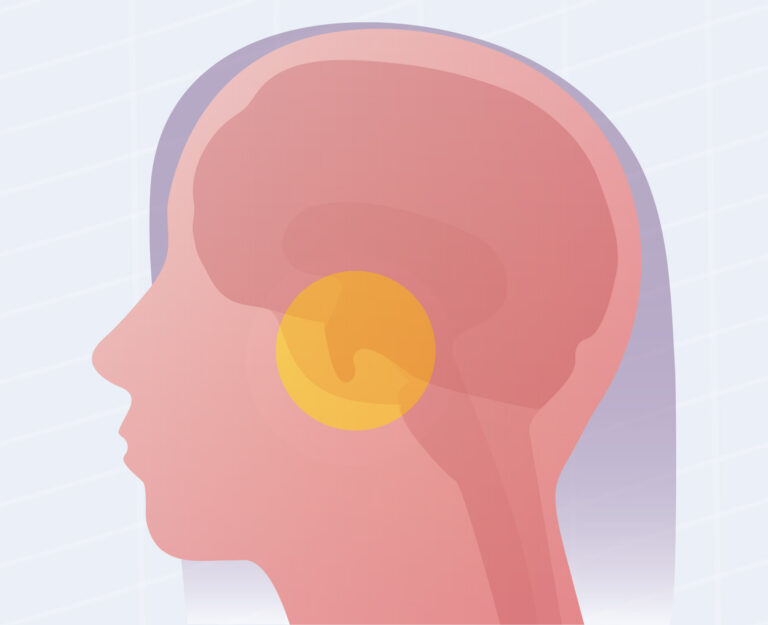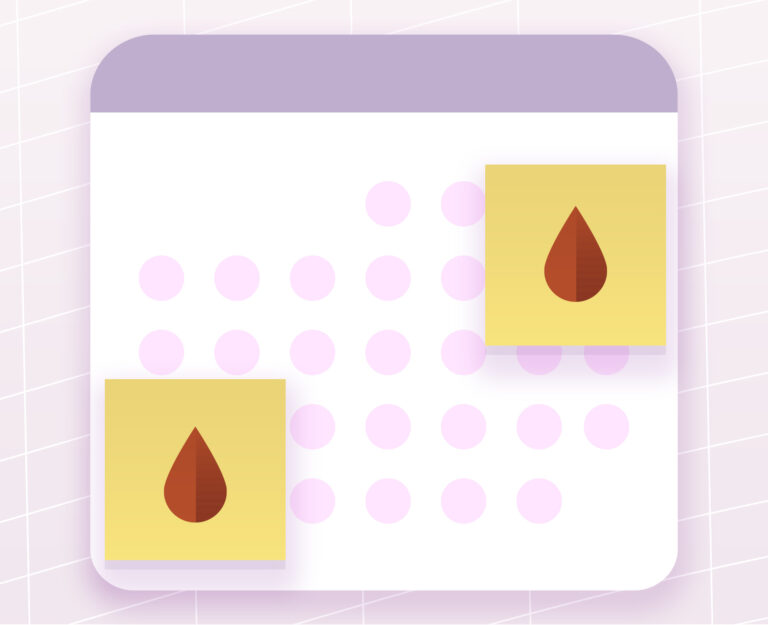Gamete donation — whether of eggs or sperm — is one of the most complex, sensitive, and strictly regulated areas of reproductive medicine. One of the main questions raised by both patients and donors is whether the donor’s identity remains protected by anonymity or, on the contrary, can be revealed in the future.
Today, Europe has different legal frameworks regulating access to this information. Understanding their differences is essential to make informed decisions before starting treatment.
In this article, we take a detailed look at how each system works — anonymity versus open identity (open-ID) —, what the legislation in each country says, and how we approach this process at Gametia, the gamete biobank of the Next Clinics group, where we ensure the highest levels of safety, traceability, and scientific rigor in every donation.
Table of Contents
ToggleWhat Open-ID Means and What Anonymity Implies in Gamete Donation
Before examining the legal differences between countries, it’s important to understand two key concepts:
- Anonymous donation: the donor’s identity is not revealed to the recipients or to the person born as a result of the donation. Only non-identifying data may be shared (such as age, blood group, general physical characteristics, or relevant medical information if necessary). There is no legal right to know the donor’s identity, and likewise, the donor does not have access to the identity of the recipients of their gametes.
- Open-identity (open-ID) donation: the person born through a donor gamete has the right to request the donor’s identity upon reaching adulthood (or at the age established by the laws of each country). The donor is aware of this from the outset and gives explicit consent for it.
In addition to these two systems, some countries allow a dual model, where the donor and recipient can choose whether to remain anonymous or allow their identities to be disclosed in the future.
Models of Gamete Donation in Europe
Over recent decades, the legal framework governing gamete donation in Europe has changed significantly. These changes reflect both advances in reproductive medicine and the ongoing social and legal debate over how to balance the protection of donor identity with the right to information for people born through these techniques.
Currently, there is no unified European legal framework: each country independently regulates whether donors’ identities must remain anonymous or can be disclosed.
This diversity of legislation directly influences the choices of patients, donors, and clinics, particularly when selecting the country in which to undergo reproductive treatment.
Below, we analyze in more detail how the anonymity models function in different European countries.
Countries with Legal Anonymity
In several European countries, the law strictly protects the identity of gamete donors, which cannot be revealed to either recipients or individuals born through donation — except under exceptional circumstances such as serious medical reasons or judicial requirements. Even then, records may be accessed without necessarily disclosing the donor’s identity, since anonymity remains a legal imperative.
In these systems, families receive only non-identifying information — for example, physical characteristics or health history — ensuring confidentiality, traceability, and safety throughout the process.
This model remains widely used because it provides legal security, predictability, and trust for all parties involved. For many donors, anonymity is a determining factor, as it protects their privacy and clearly defines the scope of their involvement. Likewise, recipients benefit from a regulated system where medical data is available but the donor’s identity remains protected.
- Spain – Law 14/2006 of 26 May on Assisted Human Reproduction Techniques establishes in Article 5 that donation is anonymous. The donor’s identity cannot be revealed to either the recipient or the offspring, except in exceptional cases authorized by the competent authorities.
- Greece – Law 3305/2005 on Assisted Human Reproduction sets anonymity as a fundamental principle: the donor’s identity cannot be revealed, and only relevant medical and phenotypic data may be shared.
- Czech Republic – Law No. 373/2011 on Specific Health Services guarantees absolute anonymity. Neither party may know the other’s identity, and clinics are legally required to protect confidentiality.
- Poland – Law of 25 June 2015 on Infertility Treatment (Ustawa o leczeniu niepłodności) establishes that gamete and embryo donation must be fully anonymous. Recipients may access basic medical information but not the donor’s identity.
- Estonia – Artificial Insemination and Embryo Protection Act (§27) protects the donor’s identity, allowing only non-identifying data to be shared, such as biological background or medical information.
- Italy – Law 40/2004 regulates assisted reproduction techniques, and after Constitutional Court ruling No. 162/2014, heterologous donation was authorized while maintaining donor confidentiality as an essential principle. The donor’s identity is not shared with recipients or offspring.
Countries with Open-ID Donation (Open Identity)
In these countries, legislation recognizes the right of individuals born from gamete donation to know the donor’s identity once they reach adulthood (or, in some cases, earlier). Below is an overview of how it works in each country:
- Portugal – Following Constitutional Court ruling No. 225/2018, absolute anonymity was declared unconstitutional. Since then, all donations made after that date are non-anonymous, and the person born may request the donor’s identity at age 18.
- United Kingdom – Since 1 April 2005, the Human Fertilisation and Embryology Authority (HFEA) has abolished donor anonymity. Any person conceived from donated gametes can request the donor’s full name, date of birth, and last known address upon reaching 18.
- France – The Bioethics Law of 2021 ended anonymity for donations made after September 2022. Donors must consent from the outset to the possibility of their data being disclosed when the person born requests it upon adulthood.
- Netherlands – The Donor Information Act (Wet donorgegevens kunstmatige bevruchting) of 2004 guarantees access to donor identity from age 16 via a national centralized register.
- Sweden – A pioneer in Europe, Sweden abolished anonymity in 1985. The law explicitly recognizes the right of the donor-conceived person to know the donor’s identity when reaching maturity or adulthood.
- Norway – The Biotechnology Act (Bioteknologiloven) has prohibited anonymous donation since 2005. The child may obtain identifying information from the donor from age 18, or earlier for medical reasons.
- Finland – The Gamete Donation Act (1237/2006), effective since 2007, allows donor-conceived individuals to learn the donor’s identity at 18. Basic medical data may be accessed earlier.
- Germany – The Sperm Donor Registry Act (SaRegG) of 2018 created a national register storing donor data for 110 years. Donor-conceived individuals can access this information from age 16.
- Ireland – The Children and Family Relationships Act 2015 abolished anonymity and established a central register managed by the Fertility and Embryology Authority. Donor-conceived individuals can obtain the donor’s name, birth date, and contact details at 18.
- Switzerland – The Federal Act on Medically Assisted Reproduction (FMedG) allows individuals conceived with donor sperm to access the donor’s identity at 18. Egg donation remains prohibited, so the open-ID model applies only to sperm donation.
- Austria – Following the 2015 amendment to the Reproductive Medicine Act (FMedG), donor-conceived individuals can know the donor’s identity from age 14 in certain medical cases, though full access is generally granted at adulthood.
Countries with Dual System (Optional Anonymity or Open-ID)
Some European countries have adopted an intermediate model, allowing donors to decide whether their identity can be revealed. This system offers greater flexibility for both donors — who choose the level of involvement they are comfortable with — and recipients, who can select the donation type that best aligns with their preferences.
- Denmark – A key example of this model. Under the Danish Assisted Reproduction Act (Lov om kunstig befrugtning, LBK nr 923 of 4 September 2006), donors may choose from the outset to remain anonymous or allow their identity to be disclosed when the child reaches 18. This choice is recorded in the consent form, and clinics must inform patients of the donation type.
- Belgium – Currently transitioning following Constitutional Court ruling No. 63/2024, which declared absolute anonymity unconstitutional. The forthcoming Law on Medically Assisted Procreation (effective from 2027) will allow donors to choose between anonymity and open identity.
- Iceland – The Act on Artificial Fertilisation and Use of Human Gametes and Embryos for Stem Cell Research (No. 55/1996) allows donors to choose between anonymity and identity disclosure. In practice, many samples come from Danish banks that already apply the dual model.
Which Model to Choose? Implications for Patients and Donors
Choosing the country for treatment with donor gametes is a crucial decision that depends largely on family values, priorities, and long-term expectations. Understanding the legal framework is key.
- Guaranteed privacy and confidentiality: those who prioritize protecting the donor’s identity usually opt for countries with anonymous donation laws, such as Spain. Its Law 14/2006 provides a clear, stable, and long-established framework where the donor’s identity cannot be disclosed under ordinary circumstances. Moreover, Spain’s reproductive system is supported by decades of clinical experience, rigorous health controls, and some of the highest success rates in Europe.
- Right to know one’s genetic origins: for families who value transparency, Portugal offers a legal framework aligned with this approach. Following the 2018 Constitutional Court ruling, Portuguese law requires donors to consent from the beginning to potential disclosure of their identity when the person born reaches adulthood — ensuring transparency and long-term predictability.
Both Spain and Portugal are recognized as international leaders in reproductive medicine, offering high-quality care and well-regulated systems that suit different family preferences.
Gametia: The Gamete Biobank of Next Clinics
The choice of country and legal framework is only one factor in gamete donation. Equally important are the quality, safety, and traceability of the biological material, which determine treatment success and ensure families’ trust.
At Next Fertility, we take this responsibility very seriously. Having Gametia, our own gamete biobank, represents a strategic advantage and a guarantee of safety for both patients and donors.
This allows us to oversee all stages — from donor selection and evaluation to sample preservation and distribution — in compliance with the strictest scientific, ethical, and legal standards.
At Gametia, we apply rigorous selection protocols combining complete medical examinations, advanced genetic studies, serological screening, and psychological assessment to ensure each donation’s health and suitability.
Samples are managed through a comprehensive traceability system, with double identification, continuous monitoring of cryopreservation conditions, and regular audits ensuring safety at every stage.
All of this is framed within an ethical, legal, and transparent model, based on altruistic donation, full information for donors and recipients, and strict compliance with current regulations.
Our goal is for every family to begin their reproductive journey with full confidence and peace of mind, knowing that behind every donation there is a carefully monitored process from start to finish.
FAQs: Anonymity and Open-ID in Gamete Donation
Can my child know the donor’s identity?
Only in countries with open-ID legislation can the child request this information upon reaching adulthood. In anonymous systems, this is not allowed except for medical or legal reasons.
Is donation anonymous in Spain?
Yes. Law 14/2006 regulates gamete donation as anonymous, allowing only non-identifying information to be shared. The donor’s identity may only be disclosed in exceptional cases.
What information can I know about the donor if the donation is anonymous?
Although the identity is not revealed, clinics must provide relevant non-identifying data, such as physical characteristics (blood group, eye color, body type).
What happens if I undergo treatment in one country but live in another?
The applicable legislation is that of the country where the donation takes place. Therefore, it is essential to be well informed before starting international treatment.
What if the laws on anonymity change in the future?
In most countries, the legal framework applies based on the legislation in force at the time of donation. Therefore, if the donation was made under an anonymous regime, it is highly unlikely that the donor’s identity will later be disclosed unless the new law is retroactive.
Can a donor know the identity of the child born from their donation?
No. In anonymous systems, donors cannot access the identity of recipients or offspring. Even in open-ID models, the relationship is one-way: only the person born can request the donor’s identity upon reaching the legal age.



